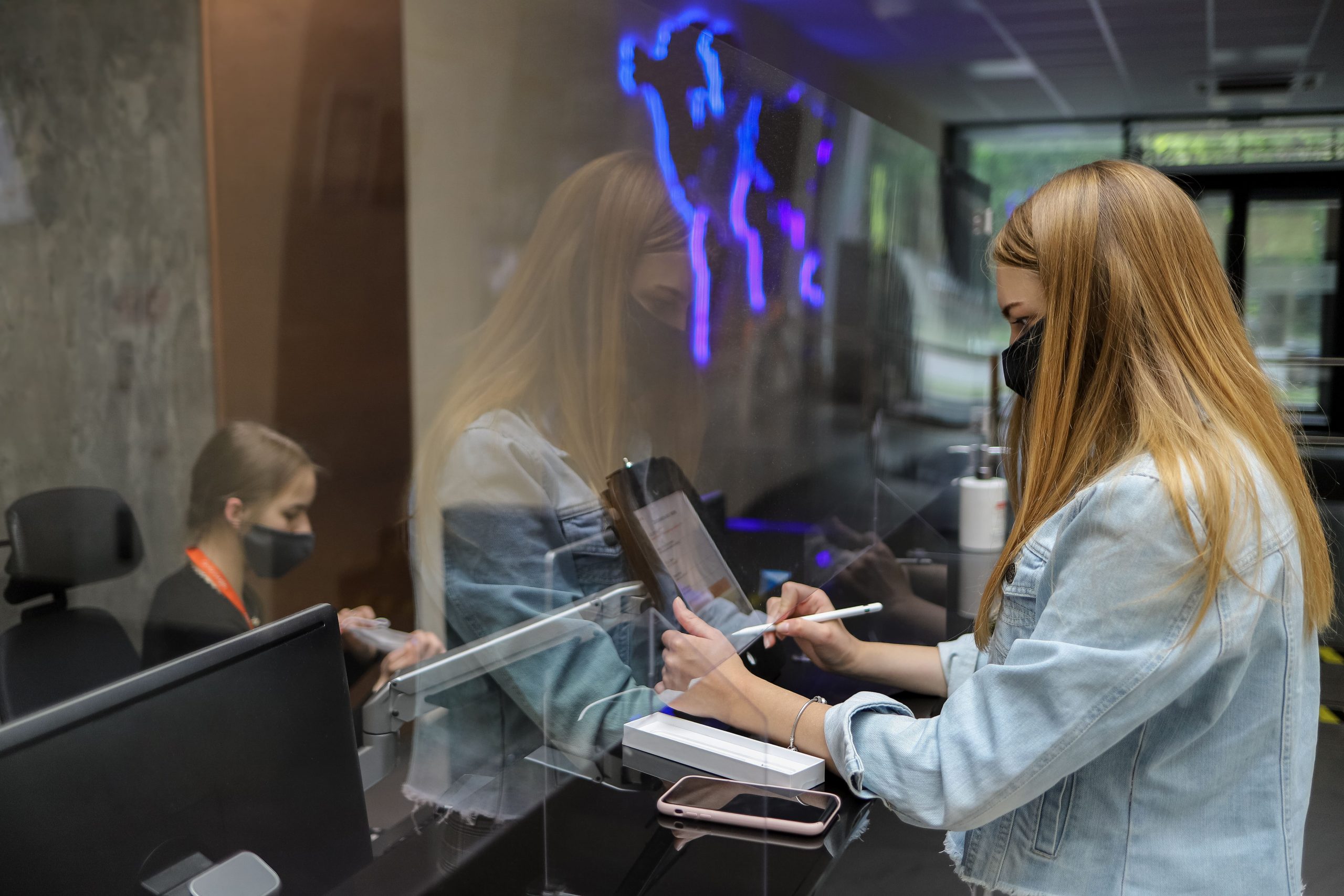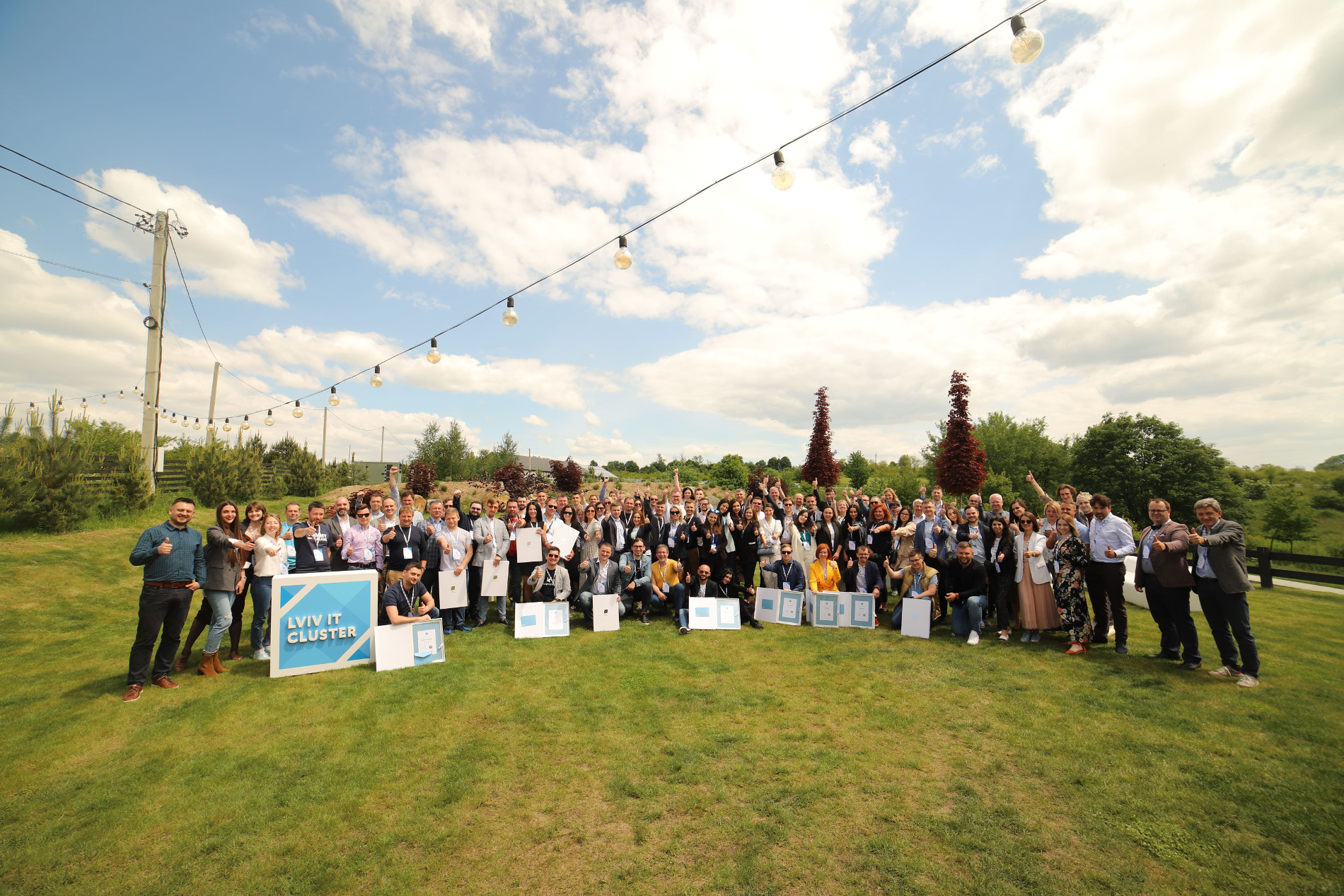Over the last 9 years, the share of women in the Ukrainian tech industry has tripled. Such data is provided by one of the largest technology companies with several offices in Ukraine ‒ GlobalLogic. Let’s learn more details on how the number of women in tech changed in recent years both in Ukraine and in Lviv.
According to GlobalLogic estimates, at the beginning of 2012, about 7% of women worked in the tech sector, and as of early 2021 ‒ 27%. The number of female specialists in the tech industry is growing by an average of 15% every year.
According to the latest survey by DOU.UA, 27% of all tech industry employees registered in the state register of Ukraine are women. The largest number of women among tech specialists is registered in Lviv and Kharkiv regions (31% and 29%, respectively). According to the latest data, the overall number of tech specialists in Ukraine is 212,547.
In general, female specialists in Ukraine hold 40% of all non-technical positions. These are marketers, managers, designers, business analysts, technical translators, etc. Among all QA engineers in Ukraine, women make up 33%, and among developers ‒ 8%. The number of technical specialists among women in Ukraine has increased by 12% in 3 years and equals 45%, i.e. almost half of all women in the industry.
Comparing the growth of the number of women in tech in Lviv, the situation is similar. Lviv IT Cluster annually conducts IT Research, measuring the total growth of the local tech industry. IT Research 2.0 reported 30.9% of women among all tech specialists working in Lviv, which in 2017 amounted to 18-19 thousand. According to the latest survey by IT Research 5.0 in 2020, 32% of tech professionals working in Lviv are women, with the total number of tech specialists equaling 26.5 thousand.
Women’s positions in tech companies
Speaking about tech companies, the number of women among employees varies from 20 to 35%, and in top management positions in some companies reaches half.
According to GlobalLogic estimates, 27% of the company’s employees are women, of whom 26% are developers, almost 42% are QA engineers, and about 10% are managers and top managers. The largest company in the country with 10,000 employees, EPAM records more than 27% of women in the company, with the same percentage of women in management positions. The second largest Ukrainian tech company SoftServe, with 8,000 employees, says 35% of its employees are women, and 49% among the company’s managers. This data was presented by the latest social report of the company in 2020. 25% of N-iX and Intellias employees are women (both companies have an average of 1,000 employees).
In general, all Ukrainian tech companies note that the number of women among tech employees is growing every year. Companies try to encourage women to choose the tech industry by introducing diversity practices, more and more companies are increasingly paying attention to environmental, social and corporate development.




